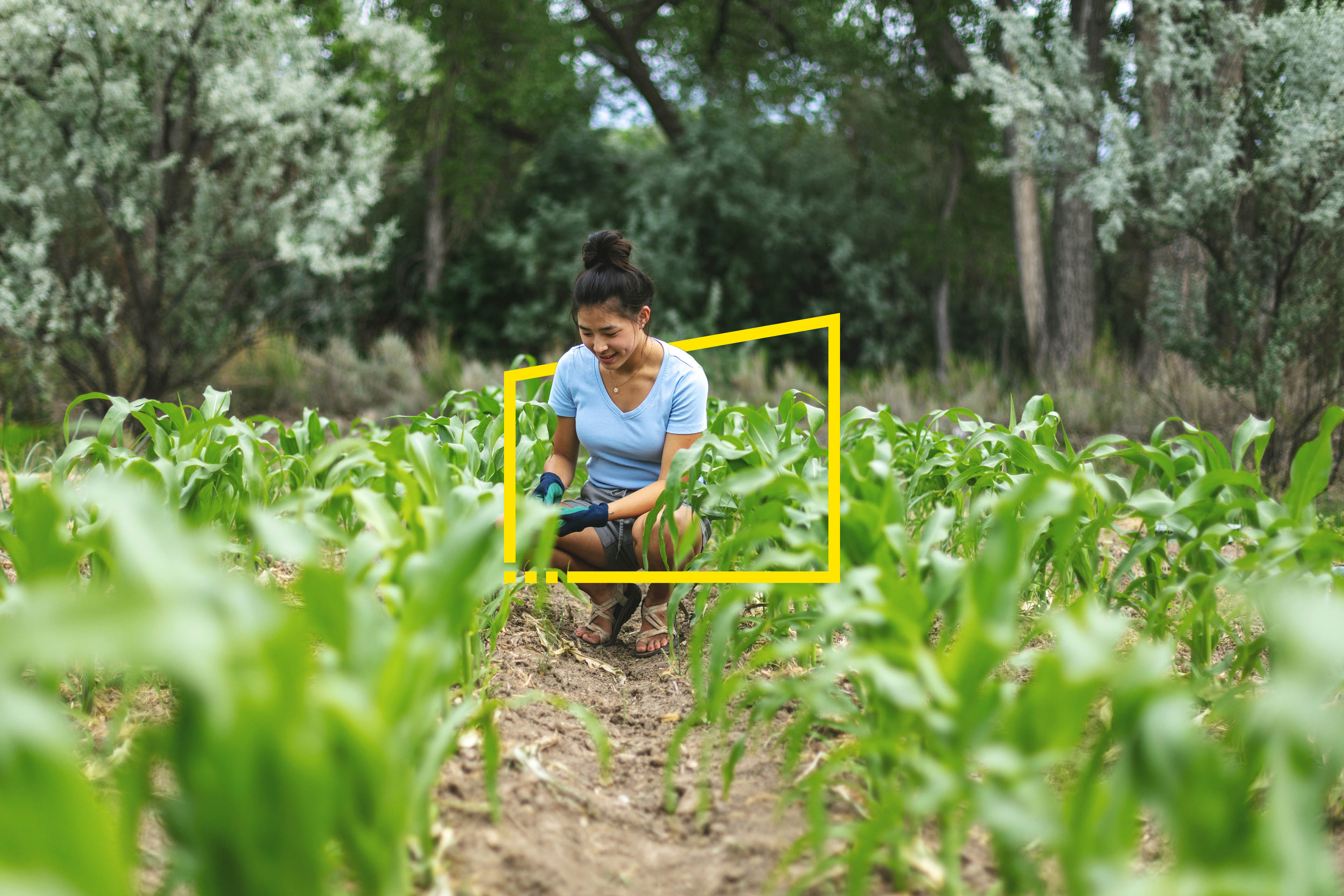EY refers to the global organization, and may refer to one or more, of the member firms of Ernst & Young Global Limited, each of which is a separate legal entity. Ernst & Young Global Limited, a UK company limited by guarantee, does not provide services to clients.
How EY can help
-
Our Sustainability and ESG Strategy Consulting teams can help you with strategy, M&A, capital allocation, ESG due diligence and portfolio optimization.
Read more -
Anticipate what comes next by better understanding the generational dynamics already changing your workforce and consumer landscape.
Read more
When it comes to trust, however, businesses have some quick-turn options that could resonate with consumers. More than half, or 52%, of all consumers said they tend to have more trust for companies that publicly share long-term sustainability and corporate social responsibility goals. Consumers surveyed said the places they turn to most often for information on a company’s values include people they know, the company’s website, product page and product packaging. This means that companies that share their sustainability goals on a macro and micro level, along with the progress they have made toward achieving them, have a strong opportunity to improve their brand in this space with consumers.
Half of the consumers surveyed also said they struggled with the availability and convenience of finding products and services that align with their values. Businesses can counter this by providing greater transparency on how their products are sourced and distributed.
Affordability of sustainable production remains a business challenge
The fossil fuels that powered the industrial revolution and, by extension, modern capitalism, won’t be around in another century. Climate scientists, governments and most businesses recognize that society needs to adopt green, renewable sources of energy to build a more sustainable future. But the widespread adoption of green energy has been slowed by a perceived lack of convenience and higher costs that give both companies and consumers pause.
In the survey, businesses cited affordability as the most significant barrier to offering more environmentally friendly products, with some 40% saying the cost of capital was a key difficulty in adopting sustainable business values and associated practices. To recoup the cost of sustainable production, 46% of all small to medium-sized businesses surveyed said they would increase the sales volume of all products; and another 43% said they would increase sales price over all products to cover the cost of shifting to more sustainable production. This will only continue to exacerbate the cost barrier for consumers.
While most consumers, especially high-income, millennial and Gen Z consumers, said they care about buying sustainable products, they also cited transparency and affordability as major barriers. Consumers noted they would typically make sustainable purchases only if those goods first meet their practical expectations of low price and high quality. In fact, 35% of consumers state that they buy ethical and sustainable products because they believe those products offer better quality. At the same time, one-third said that they tend to buy products they consider ethical or sustainable because of good price points.
Echoing consumers, affordability and transparency remain major barriers for businesses seeking to engage in sustainable practices. And despite the obstacles, companies are making the effort to change. Some 46% of the businesses surveyed said they are engaging or would engage in sustainability and value-driven efforts because it improves the world we live in and results in better customer trust. At the same time, only 19% said they would consider absorbing the cost of sustainable shipping options. There is still much work to be done, and financial institutions have a unique role to play in supporting small to medium-sized businesses get access to the capital needed to support their transition to sustainability, without needing to pass the cost onto customers.
Building credibility through consumer education and measurement
The lack of affordability for consumers, along with the reality that businesses would prefer not to pass their costs along, presents a major conundrum for businesses and consumers. While an increasing number of businesses recognize that offering high-quality sustainable products helps them build trust with consumers in certain segments, they also need additional systemic support and tools to make the transition to more sustainable products.
In the survey, businesses said they would support several steps to improve their outreach to consumers, especially by improving consumer access to sustainability-related knowledge. For example, when presented with the concept of a hypothetical platform that would help businesses adopt better sustainability practices, businesses were most interested in features that can educate consumers about the impact of sustainable practices to help businesses better target efforts to the right consumers.
Businesses are eager to better understand and learn more about their own sustainability impact as well. Some 61% of businesses surveyed said they would be willing to pay for a third party to publicly quantify their business’s sustainability impact, especially if it provided the ability to embed the impact score into product pages on their website.
Consumers are also seeking knowledge about their personal sustainability footprint, with the survey finding that more than 50% would like to understand the overall environmental impact of their purchases. This aligns with 57% of small to medium-sized businesses who state they would be willing to pay for a dashboard that could provide an overall impact score using third-party metrics.






